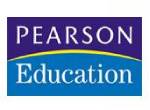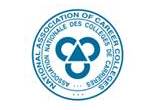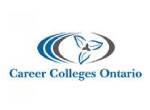Social Work Program
KNOWLEDGE & SKILLS GAINED
Students learn to understand the fundamental structure of neurons and the brain’s physiology and comprehend how we sense the world around us. Students are introduced to the principles of mental health assessment and care, including anxiety, mood disorders like depression, and the nature of loss and grief. Students explore personality disorders, physical problems with psychological sources, sexual disorders, dissociative disorders, eating and sleeping disorders, and chronic mental health illnesses like schizophrenia and other psychoses. Students explore all developmental stages of the human life-span, from infancy to late adulthood. Students learn about the costs of crime: physical, psychological, economical, and social.
Students are introduced to populations which are most at-risk in Canadian society, as these individuals are those often in need of Community Service Workers. Students learn the skills, process, and challenges involved with counselling clients, including written communication and reports, and available government and social services. Topics include developing and maintaining a counselling relationship, utilizing active listening, and interviewing skills, and pursuing empathy when dealing with clients. Students also spend 9 weeks exploring addictions, both substance and non-substance, as well as treatment methods and warning signs.
Featured Programs
Food Service Worker
FSW program is designed with an aim to coach students and provide the needed skills and knowledge for employment by the hospitals and alternative health care institutions
Read More ...Physiotherapy Assistant
This program is designed to provide students with the knowledge, practical skills, and professionalism required to assist Physiotherapists in the safe effective and
Read More ...English as Second Language
The goal of an ESL program is to improve the students level of English. The 4-week program and small class size enables one to one interaction.
Read More ...AFFILIATED PARTNERS








